Transparency Charter
At Lunatic, every garment is designed to last, to tell a story, and to respect people and the planet . This charter aims to clarify my fabric choices, so you know exactly what you're wearing.
What I prioritize , in order:
-
1. Second-hand fabrics that cannot be used for clothing assistance
- I collect them from recycling centers, private individuals, or textile collectives. They are no longer useful for social welfare, but they are perfect for my creations.
-
2. Second-hand clothes
- Sheets, curtains, covers, shirts… I transform them into unique garments.
-
3. Deadstock / End of Rolls / Rescued Fabrics
- When I find fabrics destined for disposal, I salvage them. Traceability is sometimes unclear, but it's a way to combat waste.
-
4. Responsible new fabrics
As a last resort, I sometimes buy new fabric, but only if it is:
- Certified GOTS , Fairtrade , or at least
OEKO-TEX- From European suppliers with clear production
- Made in good working conditions
The origin of each fabric is always indicated on the garment label and in the product sheet on the website . I continue to learn and adapt my choices. Thank you for supporting a fairer and more transparent fashion 💛
The labels
OEKO-TEX Standard 100
Guarantees that there are no substances harmful to human health in the finished fabric. But it is not a 100% ethical or ecological label .
GOTS (Global Organic Textile Standard)
One of the most demanding labels: organic cotton, compliance with social standards for workers, complete traceability.
BCI (Better Cotton Initiative)
Cotton grown with less impact (water, pesticides) than conventional cotton, but less strict than GOTS .
LENZING ECOVERO
More responsible viscose, sourced from sustainable forests, traceable , with less pollution .
LENZING TENCEL (Lyocell or Modal)
Eco-friendly fiber made from eucalyptus or beech, soft, breathable, and manufactured in a closed circuit .
EUROPEAN FLAX
Label for flax grown in Europe, without GMOs or irrigation , traceable and low-pollution.
